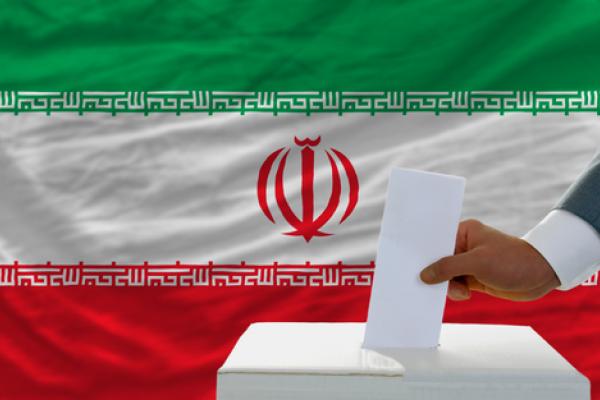Jun 13, 2013
Remember Iran? You know, the place where we first saw massive demonstrations for freedom and dignity, before the Arab Spring?
While our eyes are fixed on Turkey (and rightly so), and while the world neglects Syria, Myanmar, Palestine, and other atrocities, something dramatic might be brewing in Iran.
Iranians are going to the ballot box to choose their next president. After eight years of Mahmoud Ahmadinejad, it is an opportunity to chart a new direction for the country.
Read the Full Article

Already a subscriber? Login
